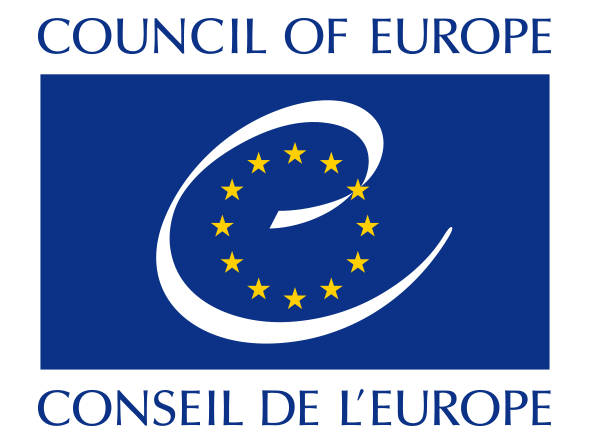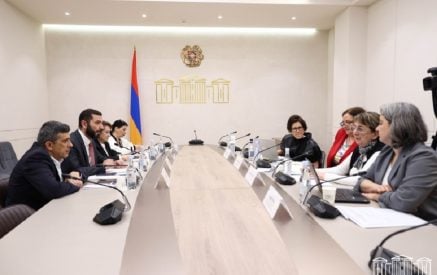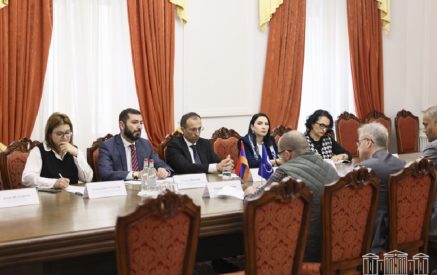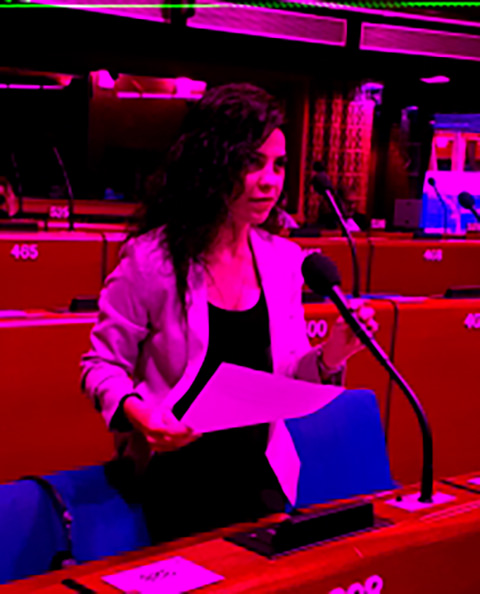Strasbourg, 29 March 2017 – Local authorities are in the front line when it comes to dealing with the increase in the number of migrants and refugees arriving in Europe and must have adequate resources to meet these needs. That was the conclusion reached by Congress members at their 32nd session in Strasbourg on 28 March 2017, on examining a report by György Illes (Hungary, ILDG) and Yoomi Rentröm (Sweden, SOC), with the participation of Statement by Tomáš Boček, Special Representative of the Secretary General on migration and refugees, and Malgorzata Galinska (Poland), youth delegate.
“Since 2012, millions of refugees have crossed the borders of Council of Europe member states. More than ever, our local and regional representatives need the help and support of their national governments and the European Organisations,” said Yoomi Renström.
The report emphasises the need for all levels of government to co-ordinate their response in order to put in place efficient reception policies that also ensure respect for human rights. “Taking in refugees requires immediate and swift action, but also sustainable programmes with a longer-term vision of migrant integration,” said György Illes, co-rapporteur.
As regards refugees, the recommendation and resolution adopted after the debate call on local, regional and national authorities to ensure, in particular, that refugee reception centres are not used for detention purposes, and to give particular attention to children and minors. The Congress calls for greater solidarity among member states and invites them to co-ordinate efforts between the different levels of government so as to optimise services and share tasks and, lastly, to speed up registration and asylum application procedures.
Read also
The Congress also encourages local and regional authorities to promote intercultural education and training for elected representatives and municipal staff, drawing on the toolkit for organising intercultural and interreligious activities at local level, developed by the Congress and which lists legal and scientific resources as well as examples of good practice.


























































